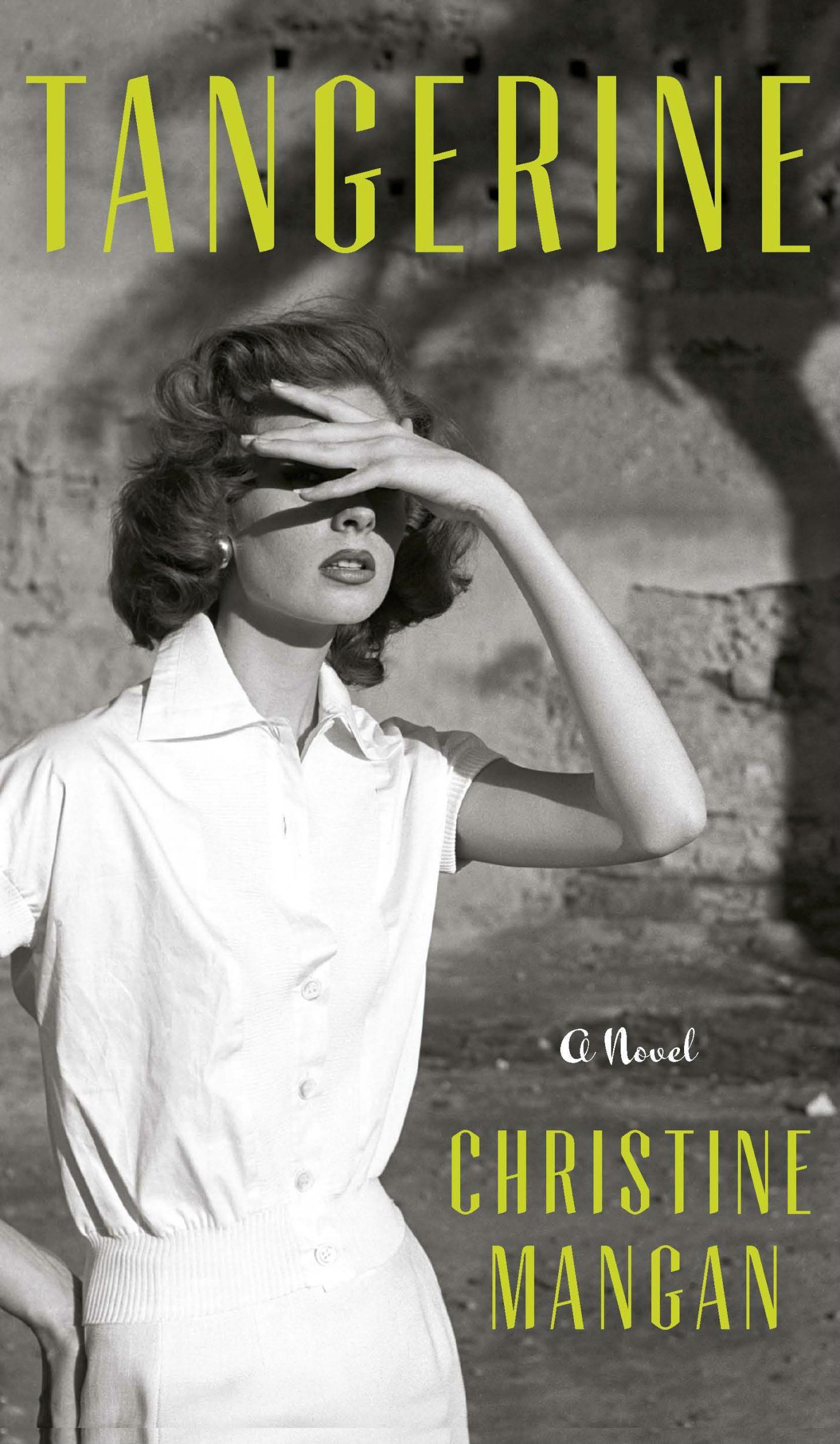Tangerine by Christine Mangan, book review: The evil lesbian plot is actually a little hackneyed
A disappointing debut novel, that has been optioned for film by George Clooney’s production company Smokehouse Pictures, with Scarlett Johansson set to star, which might prove more satisfying

Christine Mangan’s debut novel Tangerine is borne aloft a cloud of buzz regarding the fact it’s already been optioned for film by George Clooney’s production company Smokehouse Pictures, with Scarlett Johansson set to star. An atmospheric psychological thriller set in Tangier in 1956, it’s easy to see the story’s filmic potential; think the Morocco-set opening scenes of Hitchcock’s The Man Who Knew Too Much meets one of the more recent Patricia Highsmith adaptations.
Indeed, Mangan’s character Lucy Mason, a woman who “spoke her mind, who knew what she wanted and took it”, is clearly inspired by Highsmith’s famous Tom Ripley. Lucy is a woman with her own skewed agenda, duplicitous and devious; she also becomes extremely dangerous when backed into a corner.
She arrives in Tangier at the beginning of the novel straight off the boat, searching for her old college friend Alice Shipley. Through flashbacks we’re transported back to Bennington, Vermont, where, despite the differences in their upbringings and circumstances – Alice is a Brit, an orphan raised by her aunt, cushioned by a certain amount of money; while Lucy is a local scholarship girl, her childhood spent living above the garage where her father worked – these two roommates quickly forged a close bond, soon becoming inseparable. Surely it’s strange then that they’ve neither set eyes on each other nor spoken in over a year? There are mysterious references to the “accident” that led to their estrangement, but Mangan keeps us waiting awhile before she reveals the details.
Once we’ve been enlightened, it seems a little confusing that Alice would welcome Lucy back into her life quite so unquestioningly, but Mangan’s aim is to sow seeds of distrust throughout.
Echoing her predecessor Ripley’s own rather ambiguous sexuality, Lucy’s feelings for Alice are more than those of just a good friend. Although daring for the time the story’s set, this is hardly going to shock an audience today, many of whom are more likely to find Mangan’s use of the “evil lesbian” plot actually a little hackneyed.
There are similar problems too with her use of a colourful local, Youssef, who becomes untangled in Lucy’s machinations. Mangan at least nods to the powerless of his position – “Once again I was struck by how similar we were, Youssef and I. Oppressed by the same forces, by men like John,” thinks Lucy- but does nothing to actively correct it.
Similar limitations abound throughout. Shades of Highsmith and Hitchcock are an extremely attractive prospect, but Tangerine doesn’t exactly do anything new with these tropes. The characters are all rather flimsy, motivations a little weak, loyalties not quite convincing enough. I also wished Mangan had made more of her setting – “This strange, lawless city that belonged to everyone and no one,” as she puts it, teetering on the cusp of independence – but we see it only in flashes. Ultimately a piece of literary ventriloquism that’s not without promise, I suspect the film will bring out the story’s best elements and prove significantly more satisfying.
‘Tangerine’ by Christine Mangan is published by Little, Brown, £14.99
Join our commenting forum
Join thought-provoking conversations, follow other Independent readers and see their replies
Comments
Bookmark popover
Removed from bookmarks